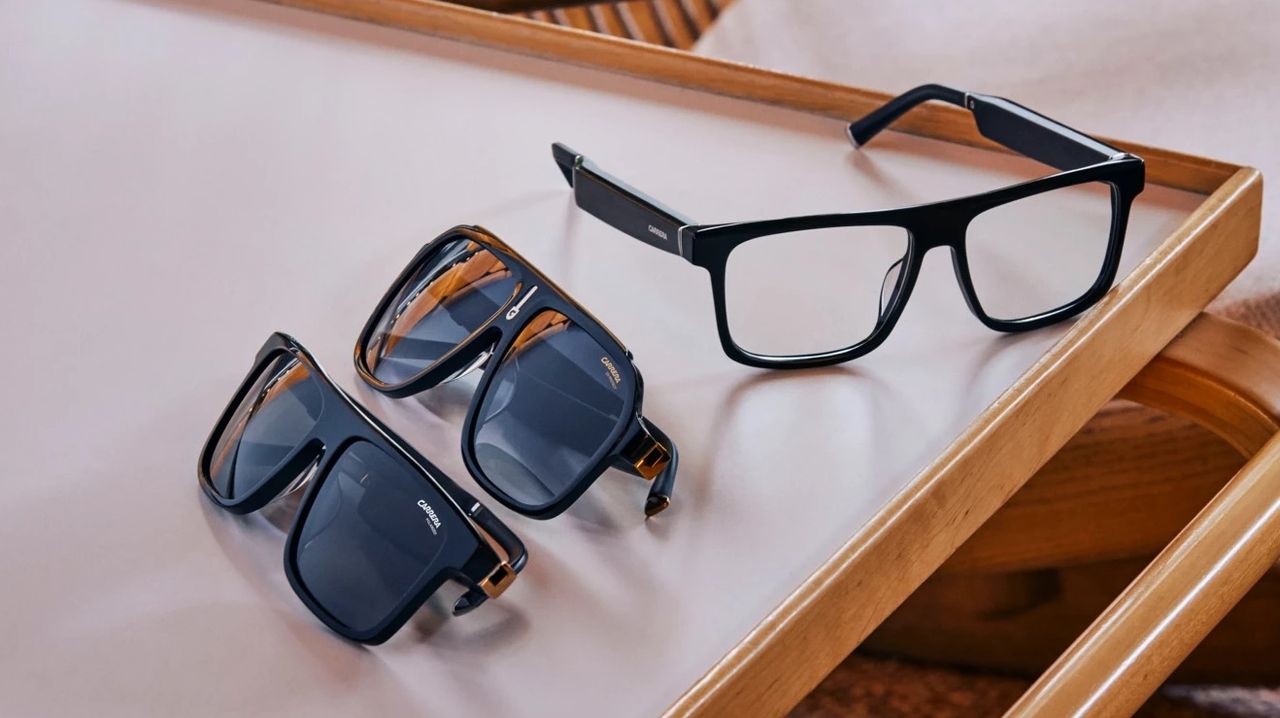
Enjoy our content? Make sure to set Android Central as a preferred source in Google Search so you can stay up-to-date on the latest news, reviews, features, and more.
With Meta Connect 2025 set to unveil new "Hypernova" AR glasses with a right-eye display, it's fascinating timing that Amazon's monocular 'Jayhawk' AR glasses leaked this week, too. Amazon will have to compete directly with Meta for its AR glasses to succeed, but it'll have to do better than its Echo Frames if it wants to compete.
According to The Information, Amazon has two prototypes in production. "Jayhawk" will have "microphones, speakers, a camera, and a full-color display in one eye." For Amazon delivery drivers, "Amelia" will reportedly use dual screens to "help drivers sort and deliver packages."
Amazon's consumer AR glasses will allegedly arrive in "late 2026 or early 2027," with a current target "price point of about $800."
Amazon's hardware brand is all about value. It sells a $400 Echo Show 21 and Kindle Scribe — and a $1,600 robot — but most of its "premium" products top out around $200; it's built a reputation for cheap quality, and then uses that as a foundation to upsell people into the low-to-mid-range.
I understand why, logistically, Amazon would charge $800 for AR glasses, and why it's interested in joining the smart glasses race. But it's going to have an uphill battle to convince people to spend that much on Amazon Glasses, for three reasons.
Amazon's affordability is working against it
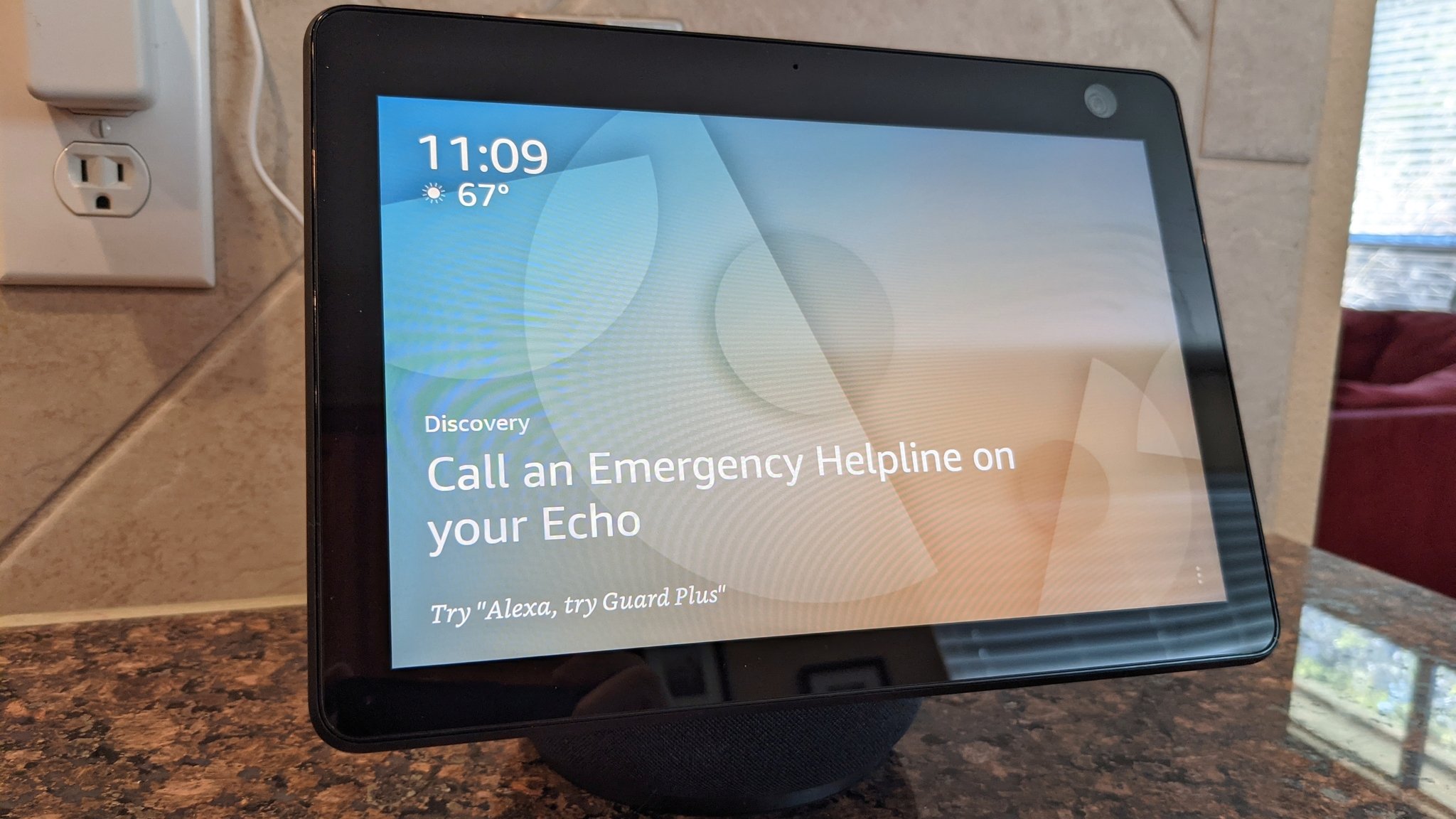
Your typical Amazon Echo speaker or display costs anywhere from $50 to $200, and Amazon slashes its prices constantly, from Prime Day to holidays. It sets the standard that Alexa, itself, is a cheap, pedestrian at-home companion for weather forecasts and package notifications.
Will Amazon's typical deal-hunting customers spend $800 on glasses from a value brand? It's doubtful.
Allegedly, Meta's Hypernova glasses will cost $800, but reports say they originally cost hundreds more before Meta lowered its profit margins to make them more appealing. Meta has built goodwill with its current $300 Ray-Ban AI glasses and $400 Oakleys, but it knows it can't raise the price too high without scaring people away.
Amazon can't prioritize a cheap price here, either: components for lightweight AR glasses with all-day battery life and a bright, high-res display are expensive! Anything less than $800 would produce a subpar design no one would wear; I'm happy Amazon knows not to try.
To inspire thrifty customers to spend smartphone-level money, Amazon must change people's perception of Amazon Glasses as being desirable, in a way it failed to do with Echo Frames.
Step 1: Give Alexa Plus a makeover or publicity push
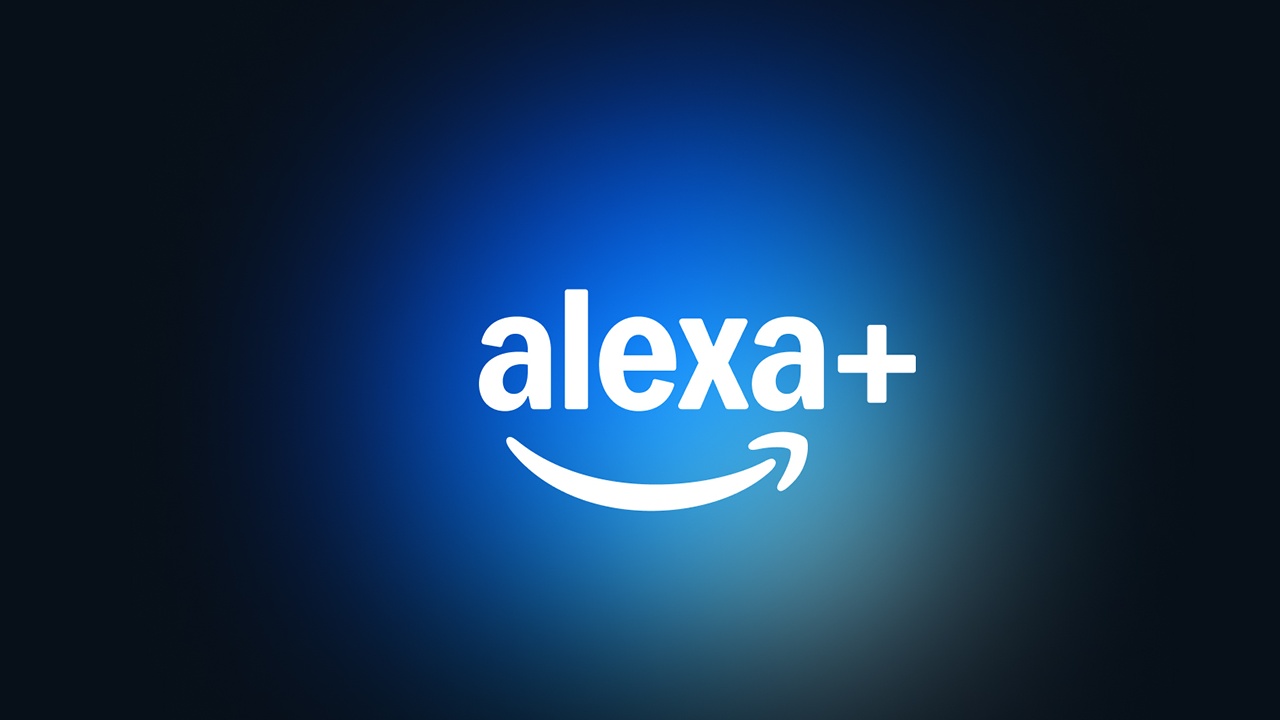
Amazon launched Alexa Plus earlier this year with a Large Language Model (LLM)-powered intelligence and language boost, with AI "experts" on specialized topics similar to Gemini's Gems. Alexa Plus communicates with other streaming apps and smart home tech, mirroring Gemini Extensions.
The problem is that Alexa remains shackled to your home, with limited input besides what you give it. Something like Gemini integrates more closely with other apps and is more natural to use anywhere on your phone.
Amazon obviously hopes to solve this with smart glasses; built-in cameras can offer multimodal AI insights, the same way Meta AI can analyze your surroundings, and the upcoming Ray-Ban Meta (Gen 3) will supposedly remember everything you see.
But again, Alexa's reputation for basic Googling and Amazon cart recommendations is working against them.
Amazon needs to convince people that Alexa+ smarts are insightful enough that you'll want to wear it all day. For that, Amazon must create tools like live translation and multimodal AI that will unshackle Alexa and make her suited to outdoor use. Then it'll need a major advertising blitz to let people know Alexa can keep up with its rivals.
Step 2: Amazon needs a design partner
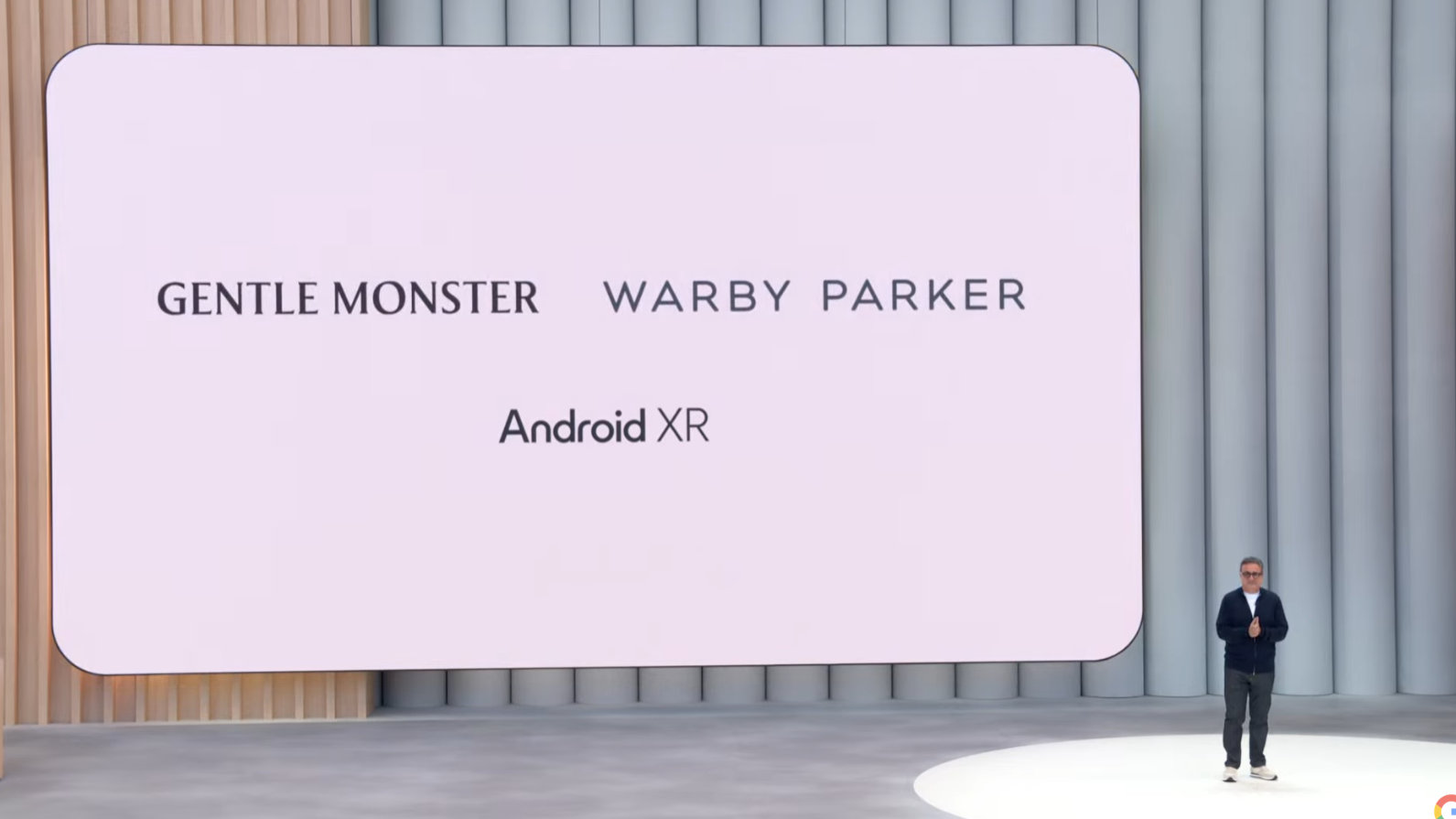
Meta bought a 3% stake in EssilorLuxottica — which makes Ray-Ban and Oakley glasses — for about $3.5 billion, part of a "symbolic" gesture to cement their smart glasses partnership.
It sells Ray-Ban Meta and Oakley Meta glasses, emphasizing the fashion brand before Meta's own name, because it knows that most people don't want to wear tech glasses, but rather fashionable glasses with tech.
Likewise, Google has invested $150 million in Warby Parker's "product development and commercialization," as part of their partnership to make Android XR glasses using WP designs. It's also invested $100 million for a 4% stake in Gentle Monster for future smart glasses.
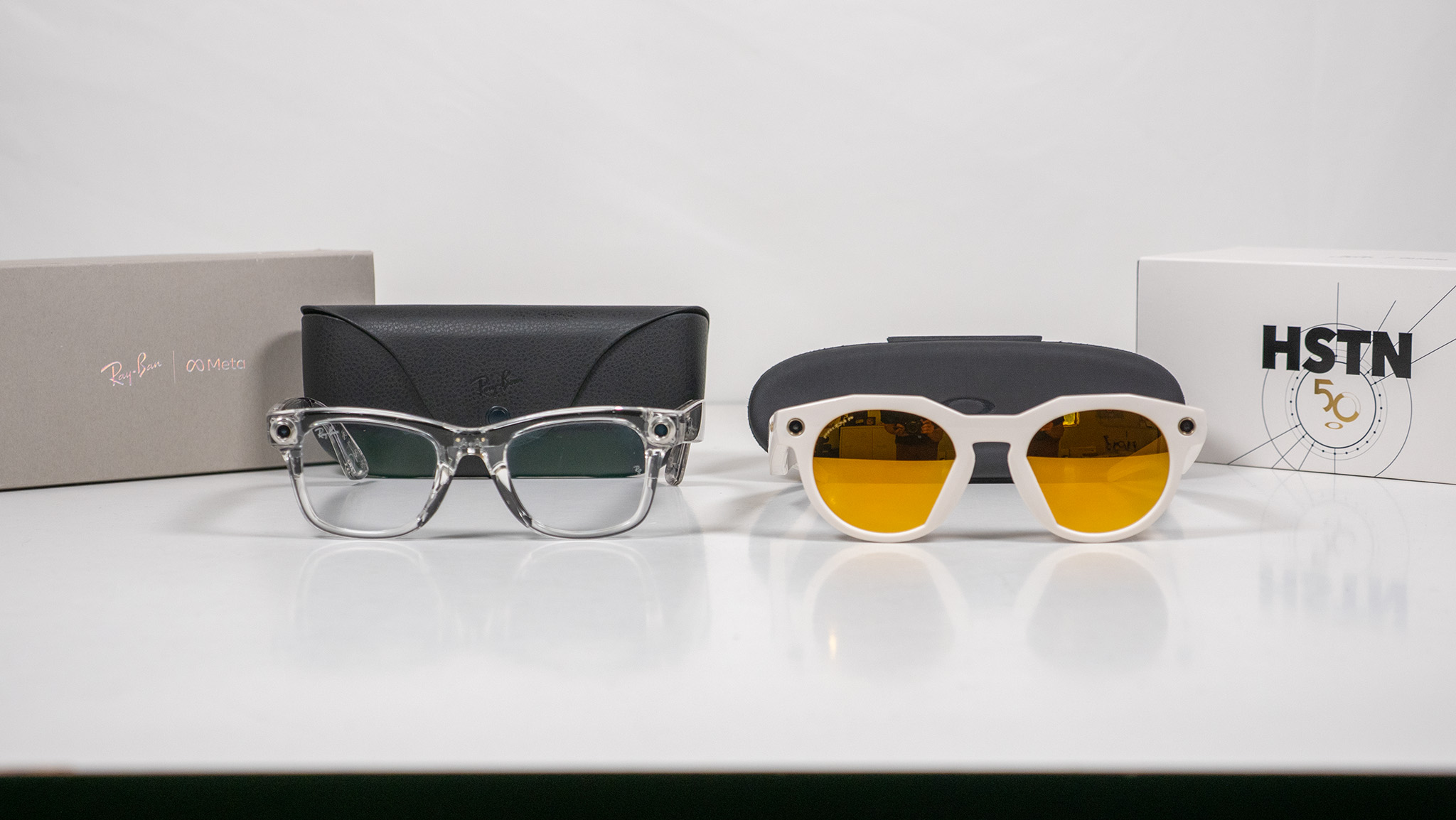
Meta and Google understand that smart glasses need to look as "normal" as possible, with a good fit for any face and different styles to appeal to different tastes, if they're going to sell enough smart glasses to be profitable.
With Amazon's Echo Frames, you get a few style options (Rectangle, Square, Round) and lens types, and the design isn't bad aside from the thick arms. But they're generic, and you'll find plenty of review complaints about a poor fit that slides down your nose.
Amazon also sells "Carrera Smart Glasses with Alexa" that are more classically designed, with a name that emphasizes the well-known Italian brand. But Amazon should have made this the default instead of an add-on that most people may not even know about, because it doesn't share a name with Echo Frames.

Even before Amazon starts selling AR glasses, it needs to consider whether it can revamp its smart glasses offerings by either doubling down on Carrera or joining forces with another well-known glasses brand. Otherwise, the idea of wearing an expensive Echo speaker on your face isn't going to resonate.
I use my fair share of Kindles, Fire Sticks, and other Amazon hardware; I'm not writing Jayhawk off, and everyone should want more smart glasses competition.
But until Amazon launches rebranded, display-free smart glasses with AI insights that focus on smarts (not product sales), I'm not optimistic that Amazon will break into Meta's near-monopoly with Ray-Ban Meta glasses.
Ray-Ban Meta glasses are the best smart glasses on the market for their stylish design, strong audio, solid camera quality, and reliable Meta AI insights.







